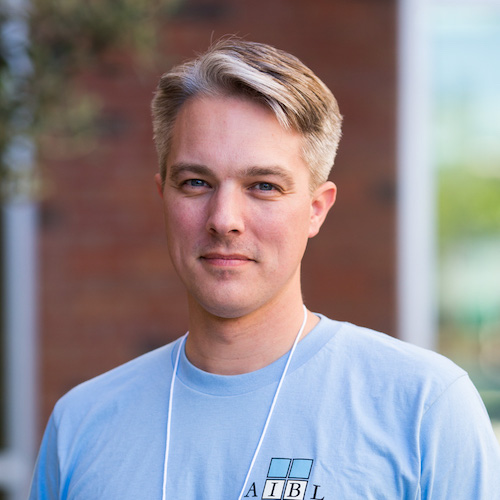Student Research FAQ
- Should I consider an undergraduate research project?
-
Yes.
- Should I do an undergraduate research project?
-
Maybe. If you enjoy mathematics and want to get a taste of what it means to strike out into the unknown, it might be a good experience for you.
- Who should I talk to?
-
Start with Dr Hitchman. He is the chair of the math department’s Undergraduate Research Committee. Even if you don’t envision working with him, he will gladly help you figure out how to get started.
- I am a graduate student who needs to write an MA thesis, how much of this applies to me?
-
Most of it. (Though Dr Hitchman doesn’t oversee the grad program.)
- Do I need any special qualifications to do research?
-
Not necessarily! Each project has its own set of pre-requisites. Students almost never have ALL of those things in their pockets, and faculty know that. You will have to learn something new in any case. You should discuss the possible background with your potential faculty mentor and see how to make it work.
- How do I pick a faculty advisor?
-
There are several ways to do this. The easiest is to get to know your instructors and ask what kind of research they do. (Faculty love to talk about their research, so be prepared for the long answer.)
But that isn’t the only way. It can be as simple as scheduling an office hour meeting and expressing interest. If you take this route, be prepared to have more than one conversation before a faculty member says, “yes.” Being a research advisor is a serious commitment which requires spending lots of time together, and might grow into a long-term mentorship. Not everyone jumps into those kinds of relationships.
Anyway, talk to Dr Hitchman, and maybe he can help you start this process without feeling too awkward.
- Do I pick an advisor, or do I pick a topic?
-
You kinda have to do both at the same time. It’s not the clearest thing. Ideally, you would build a good relationship with your advisor AND you would really enjoy your question. If you are missing either of those, a research project can be an unhappy experience.
- How does a project work? How long does it take?
-
This varies a lot. Some projects are just for one semester. More of them take a whole year. Usually, when I have undergraduate students work with me, I ask them to sign up for a semester of independent study (Math 4198) and then a semester of formal undergraduate research credit (Math 4990).
Some projects are scheduled as part of our Summer Undergraduate Research Program (SURP). These are eight-week projects, but more intense. There is an application process for this each spring. Spots are limited, so it is competitive.
- What is the time commitment?
-
This varies. I have my students take a 3 credit hour course each term to help them understand my expectations. Rarely will a project go anywhere unless the researcher can work on it regularly, say some time nearly every day adding up to 10 hours each week.
I also ask my students to prepare a public presentation at the end of the project. This has taken various forms: giving a talk or a poster at the local undergraduate research symposium (MUMS at Simpson College in Indianola each spring), speaking at our local MAA meeting in the fall (usually October), or giving a colloquium talk in the UNI math department.
For summer projects, the expectation is 40 hours a week for 8 weeks, with a poster presentation at the end of July during a mini-conference put on by the UNI College of Humanities, Arts, & Sciences.
- What kind of projects can I do? Can I pick my own?
-
All of this depends on what you and your faculty mentor are willing to try.
- What kinds of projects have you supervised, Dr Hitchman?
-
I have this wonderful list.
- What kinds of projects do you have, now, Dr Hitchman?
-
Most of my projects can be characterized as geometry or topology in some way, though I once advised a long-term project in combinatorics. These days, I am interested in knot theory and the topology of surfaces and 3-dimensional spaces. It’s fun. Come by and I will tell you about it.
